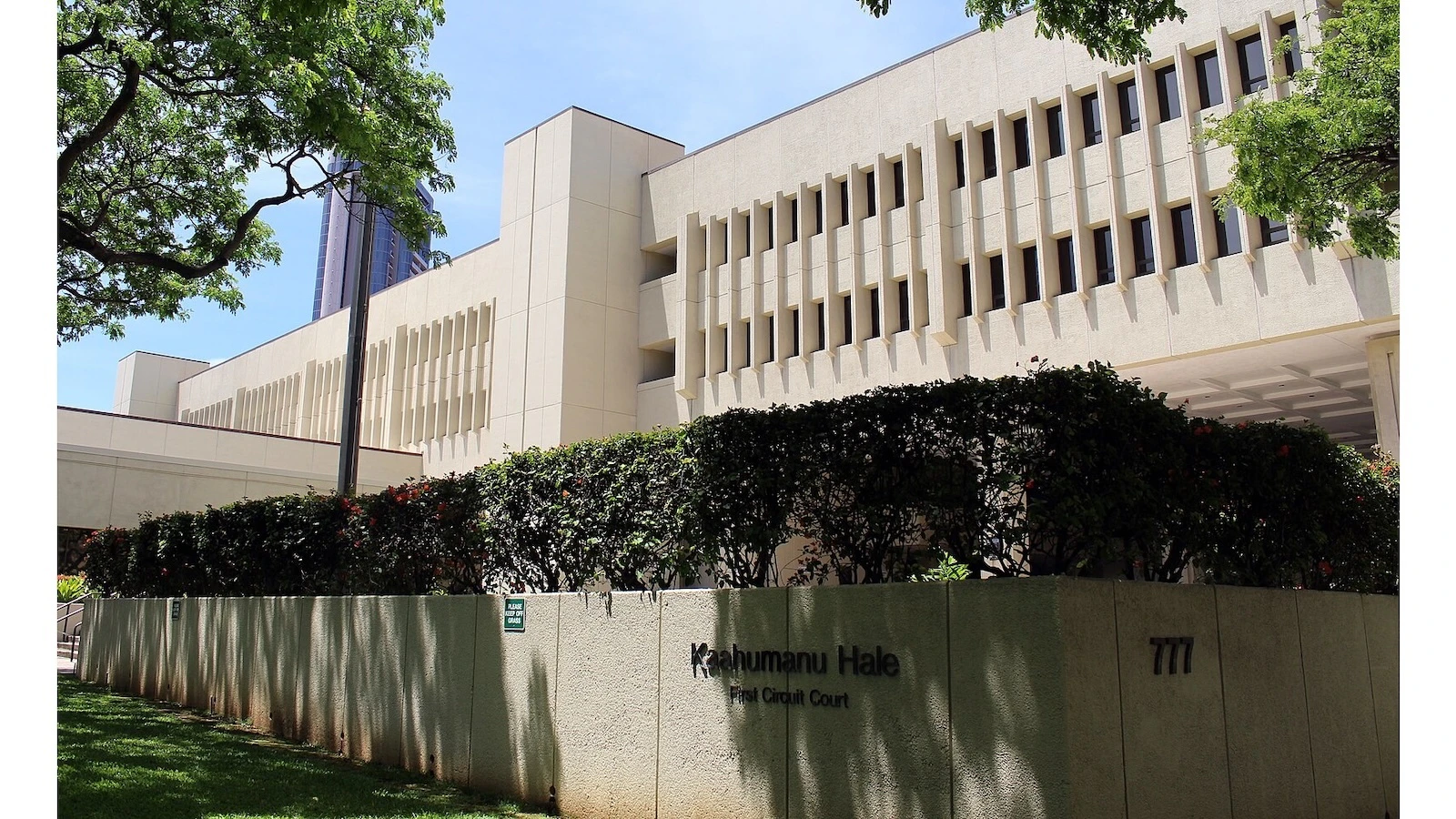Residents are advised to stay vigilant against increasingly elaborate phone scams pretending to be police or court officials.
Honolulu plastic surgeon Bob Peterson was targeted by one of the more recent tools of the telephone scamming trade: a phone call, supposedly from the Hawai‘i Sheriff’s Office, warning that he had missed jury duty and was facing potential criminal charges.
In hindsight, Peterson said, it should have been clear that he couldn’t have missed jury duty without first having been informed of jury selection. But, he told Aloha State Daily, the call came early in the morning and he was “caught unawares.”
“I could easily imagine a situation where I missed a notice or didn’t sign something,” Peterson said, adding that the scammer had spoofed the Sheriff’s Office’s caller ID. “It was a very plausible story.”
The caller — who Peterson said sounded “American,” albeit through a poor, fuzzy phone connection — said there was a warrant for Peterson’s arrest now that he had supposedly missed his court date for jury duty and that, if he hung up, police would come to arrest him.
The scammer told Peterson that, in order to avoid an arrest, he first had to read aloud a series of documents texted to him without dropping the call.
Those documents included a false “mobile escort order” bearing the letterhead of the United States District Court — informing the reader that they are under court order to remain on the phone line until they make it to a law enforcement facility “for your personal protection” — and a non-disclosure agreement bearing the watermark of the U.S. Department of Justice.
Peterson guessed that remaining on the line while reading the documents served both as a distraction — making it harder to focus on inconsistencies and errors in either the documents or the scammer’s statements — and to ensure that the victim had the base technical literacy for the next step.
Eventually, one of the documents gave the game away, Peterson said. A notice purporting to be from the Office of the Attorney General — no jurisdiction specified — claimed that “all warrants deemed elligible [sic] for cash bond must be posted in … either UNITED STATES DIGITIAL [sic] CURRENCY, or Bitcoin.”
“When I saw the stuff about crypto, I said ‘oh! This is a scam!,'” Peterson said.
Peterson hung up the phone immediately after realizing the ruse, although he joked that, if he wasn’t scheduled to perform surgery that morning, he might have enjoyed playing along and wasting the caller’s time.
“I was on the phone for like 40 minutes,” Peterson said. “Wasted the whole morning.”
By cutting the call short, Peterson said he never figured out how the scammer intended to actually take his money. The caller had told him to visit a “federal bonding kiosk” to pay bail and supplied a picture of such a supposed device, as well as an instructional form — this one bearing seals of the U.S. Civil Service Commission and the Department of the Treasury — explaining how to obtain a Bitcoin bail bond.
Based on those instructions, the scammer likely would have provided a code, claiming it to be issued by the Treasury, that would have allowed for money to be transferred to a Bitcoin account controlled by the scammer.
There is no such thing as a “federal bonding kiosk." Peterson said the location the scammer had directed him to was likely an ordinary Bitcoin kiosk.
Nonetheless, Peterson said people could easily be fooled by the scam. Because it floods the victim with so much information that seems valid at first glance, a person could be overwhelmed and not see any of the red flags before it’s too late.
The Hawai‘i State Judiciary issued a warning about jury duty scams in August. At the time, the government warned that the courts will never demand immediate payment via cryptocurrency, wire transfer, pre-paid debit cards or other tools.
The Judiciary also makes all official jury service communications through the U.S. Postal Service.
People who have received a suspicious call or text should hang up immediately and not answer any questions or press additional numbers during the call. Any suspicious emails or text messages should be deleted.
If you have been targeted by a scammer — particularly if you have given personal information or money to a scammer — report the incident to the police and the FBI’s Internet Crime Complaint Center.
For the latest news of Hawai‘i, sign up here for our free Daily Edition newsletter.





